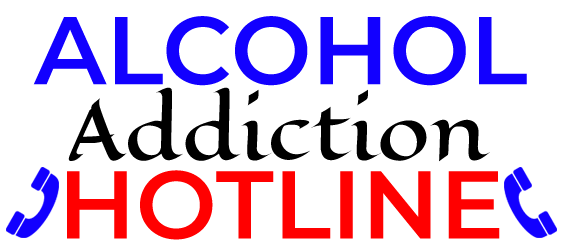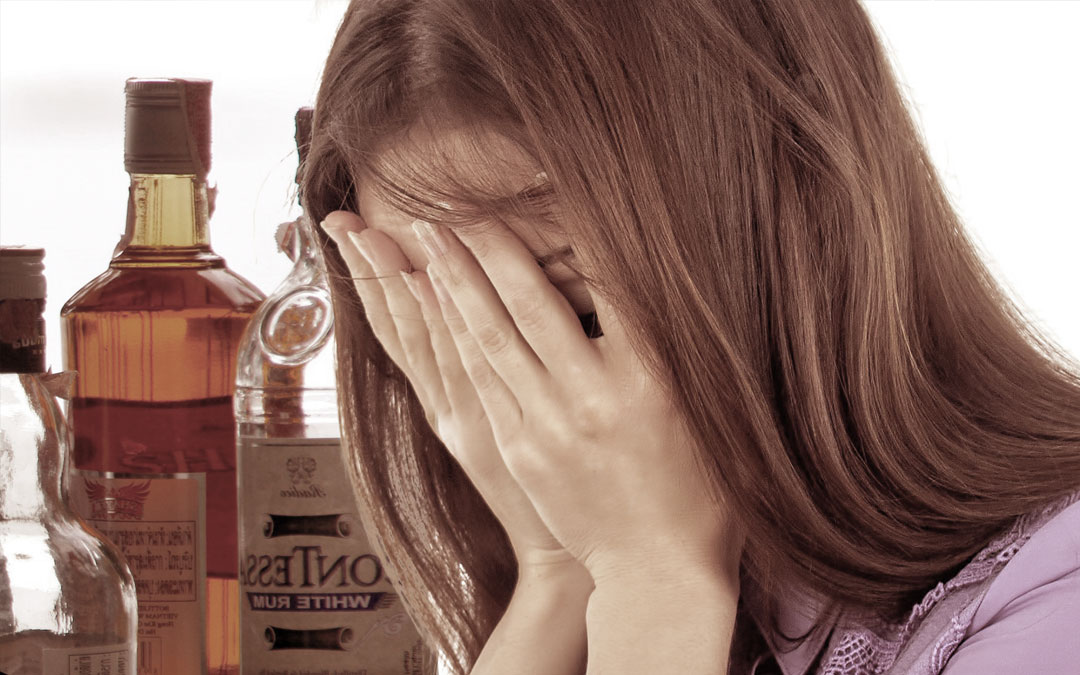Exploring Co-Occurring Disorders: Alcoholism and Depression/Anxiety
The intersection of alcoholism and mental health disorders, such as depression and anxiety, is a complex and challenging territory to navigate. When these conditions co-occur, they can exacerbate each other, leading to a downward spiral of worsening symptoms. In this blog post, we’ll delve into the intricate relationship between alcoholism and depression/anxiety, understanding how they influence each other and exploring strategies for effective management.
Understanding Co-Occurring Disorders
Co-occurring disorders, also known as dual diagnosis or comorbidity, refer to the presence of both a substance use disorder (such as alcoholism) and a mental health disorder (such as depression or anxiety) in the same individual. This overlap creates a unique set of challenges for diagnosis, treatment, and recovery.
Alcoholism and Depression: A Vicious Cycle
Depression Trigger: Alcohol can act as a depressant, exacerbating feelings of sadness, hopelessness, and low mood. Those dealing with depression might turn to alcohol as a form of self-medication to alleviate their symptoms temporarily.
Worsened Depression: However, the relief is often short-lived. Regular alcohol use can worsen depression by disrupting neurotransmitter balance, affecting sleep patterns, and increasing feelings of isolation and guilt.
Alcoholism and Anxiety: Fueling the Fire
Anxiety Trigger: Some individuals with anxiety disorders may turn to alcohol to cope with overwhelming feelings of worry and apprehension. Alcohol’s sedative effects can provide temporary relief from anxiety symptoms.
Increased Anxiety: Paradoxically, alcohol can increase anxiety in the long term. The hangover and withdrawal symptoms from alcohol can mimic the physical symptoms of anxiety, intensifying the overall experience of anxiety.
Breaking the Cycle: Effective Strategies
- Integrated Treatment: When addressing co-occurring disorders, an integrated treatment approach that simultaneously targets both the alcohol use disorder and the mental health disorder is crucial.
- Professional Assessment: Seeking professional assessment and diagnosis is essential to determine the severity of each condition and how they interact.
- Dual Diagnosis Treatment: Treatment plans should be tailored to address both disorders concurrently. This might involve therapy, medication, support groups, and lifestyle changes.
- Psychotherapy: Cognitive-behavioral therapy (CBT) and other evidence-based therapies can help individuals develop coping strategies for managing both alcoholism and mental health symptoms.
- Medication Management: In some cases, medications may be prescribed to manage symptoms of depression or anxiety. It’s important for medical professionals to carefully consider potential interactions with alcohol.
- Support Networks: Building a strong support network of friends, family, and peers who understand the challenges of co-occurring disorders can provide invaluable assistance.
- Lifestyle Changes: Prioritizing healthy lifestyle choices, such as regular exercise, balanced nutrition, and stress-reduction techniques, can positively impact both disorders.
- Relapse Prevention: Developing relapse prevention strategies for both alcoholism and mental health symptoms is crucial to maintaining long-term recovery.
The co-occurrence of alcoholism and depression or anxiety requires a comprehensive and compassionate approach. Understanding how these disorders influence each other is the first step toward effective management. Seeking professional help, building a support network, and committing to a tailored treatment plan can provide individuals with the tools they need to break the cycle and achieve lasting recovery for both their alcohol use disorder and their mental health concerns.

